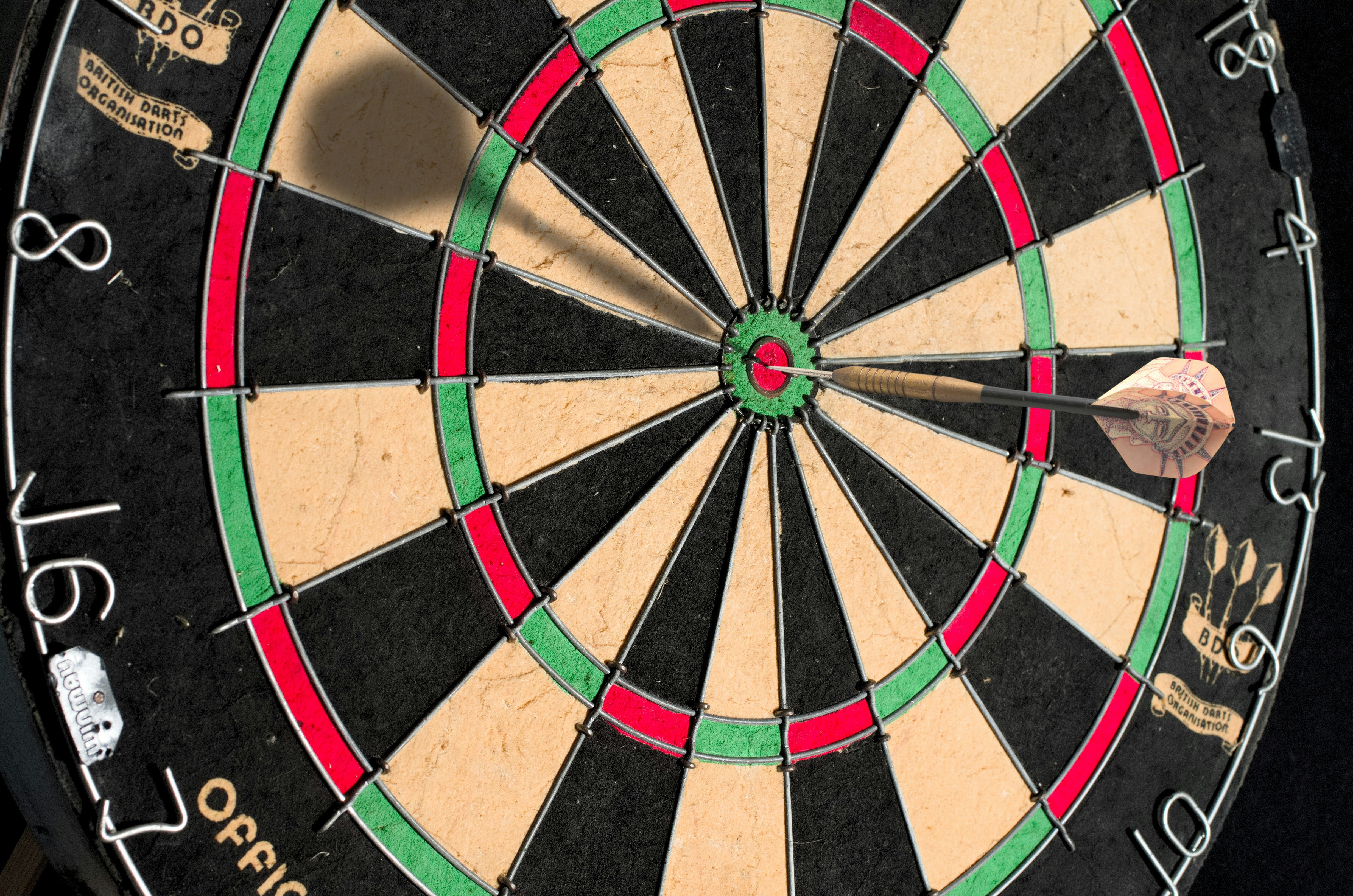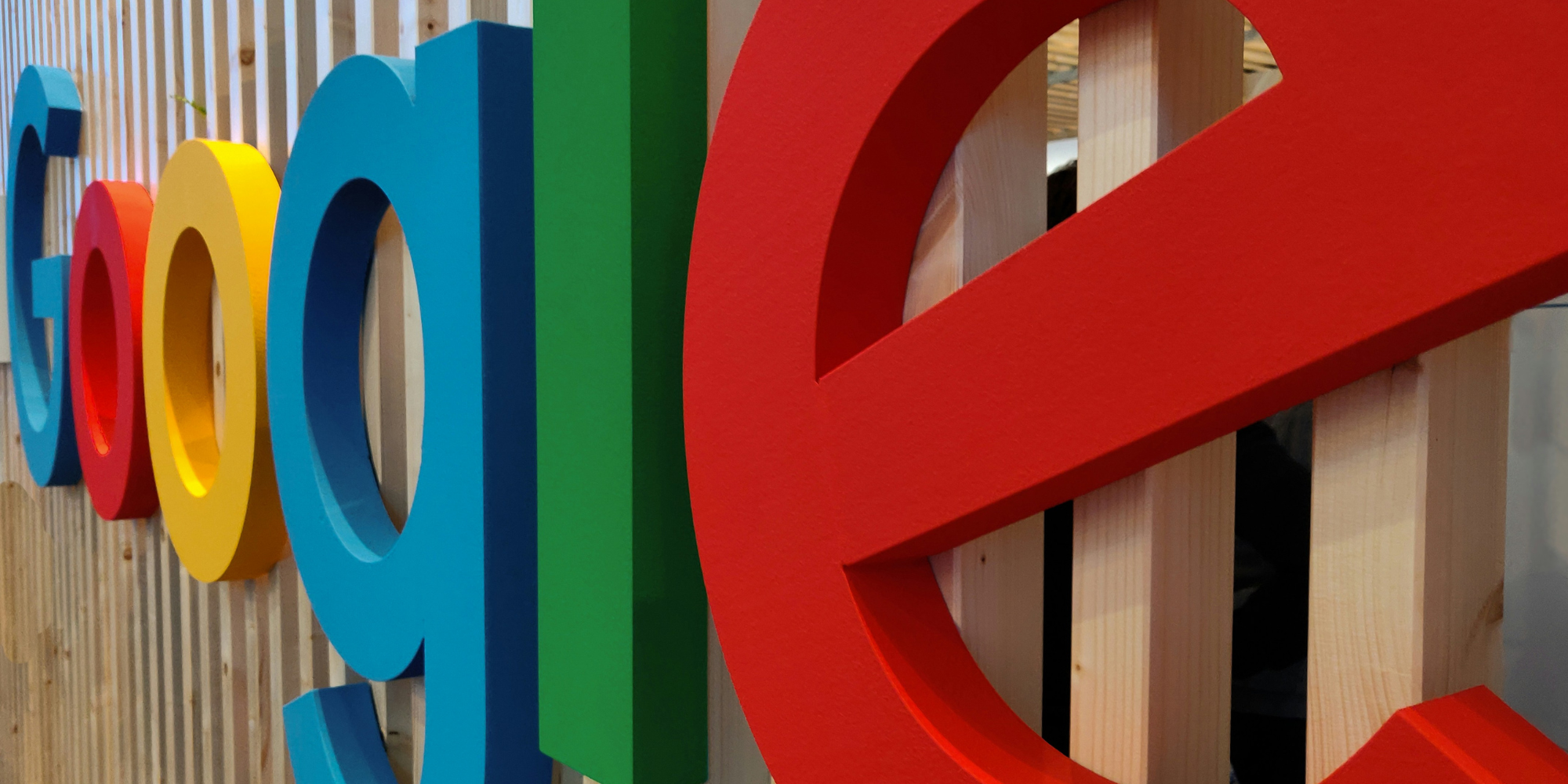August Round-up: Better Meta Targeting, Google Glitch & UX Best Practice
The latest version of our newsletter should have settled in your email inbox, detailing the need-to-know information and must-read thought leadership...
Read moreOur technical SEO wizard, Tom Williams, gives us the top news in SEO from last month. Learn more.
What’s new in the SEO world? In this article, I’ll explore the biggest stories from last month, including queries around external linking to changes to search and Update Maverick!
We all know how Google’s core algorithm updates can affect search rankings and site performance. Which is why webmasters have been talking about the long-awaited advice posts on how to help your website perform better in the days following core updates.
Barry Schwartz says “This is despite Google saying there is no fix, they repeated, there is no fix, but Google is trying to help site owners focus more on overall quality” (SERoundTable).
Here’s what Google said about ‘no fixes’:
There’s nothing wrong with pages that may perform less well in a core update. They haven’t violated our webmaster guidelines nor been subjected to a manual or algorithmic action, as can happen to pages that do violate those guidelines. In fact, there’s nothing in a core update that targets specific pages or sites. Instead, the changes are about improving how our systems assess content overall. These changes may cause some pages that were previously under-rewarded to do better.
But SEOs and webmasters still wanted more advice. Google responded with three folds; Panda advice, elements not in Panda advice, and focusing on quality raters guidelines in the EAT section.
Find out more in Barry’s article >>
On July 15th, Google’s Danny Sullivan released a blog article stating Google made 3,200 changes to its search systems in 2018. Google also told webmasters that the “how search works” data was updated within these changes.
Our search algorithms are complex math equations that rely on hundreds of variables, and last year alone, we made more than 3,200 changes to our search systems. Some of these were visible launches of new features, while many others were regular updates meant to keep our results relevant as content on the web changes. And some are also improvements based on issues we identified, either via public reports or our own ongoing quality evaluations (SERoundTable).
To put this number into perspective, it means around 9 changes were made to search per day. Although Barry Schwartz appreciates Google announcing the figures, he still wishes Google would “say how many ranking changes they make per year”.
Perhaps they will? Do you have any thought about this number of changes to search in one year? Tweet us @clickthrough.
On July 19th, Barry Schwartz blogged about an increase in chatter around a Google search ranking algorithm update.
Dubbed “Update Maverick” after the Top Gun release, this Google algorithm update apparently “looks a bit stealthy and precise”. Webmasters have commented on full keyword drops, their hope for quick performance recovery and the fact that the previous update still had them reeling.
Read more about webmaster responses to Update Maverick >>
We know Google won’t be supporting the noindex directive in robots.txt files after 1st September 2019, but there are still many webmasters out there who haven’t yet removed them.
Which is why Google is serving notices to encourage webmasters to remove this directive. The notice states “Google has identified that your site's robots.txt file contains the unsupported rule "noindex". This rule was never officially supported by Google and on September 1, 2019 it will stop working. Please see our help center to learn how to block pages from the Google index” (SERoundTable).
Have you removed yours? Let us know – tweet us @clickthrough
Towards the end of July, Google’s John Mueller launched #AskGoogleWebmasters on Twitter. He was asked “does linking to other websites help or hurt SEO?”
According to Barry Schwartz, Mueller’s “short” answer was that linking out can be helpful, but you should try and stay away from doing it if it’s purely for ads, link exchanges or “spammy content”. In these instances, webmasters should “nofollow” the link.
John Mueller says “I would watch out for a few types of links though. In particular if you're linking out to a site because of an arrangement, like you linked to me and I'll link to you. Or because it's an advertisement or if it's being done in your site's comments and you're not really sure how good those links are” (SERoundTable).
Simply put – no, external linking doesn’t directly help SEO, or damage it.
If you’d like to find out more about what’s hot off the SEO press, get in touch today. Or you can tweet me at @tommy_iv
More articles you might be interested in:

The latest version of our newsletter should have settled in your email inbox, detailing the need-to-know information and must-read thought leadership...
Read more
Arming yourself with the right tools to ensure a smooth site migration is important - find out how to protect your SEO during a migration today.
Read more
As the cost of living continues to present challenges for many Brits, an increasing number of families are choosing to holiday within the United...
Read more
Our first curated newsletter has hit inboxes, detailing all of the latest need-to-know information and sharing all the necessary thought leadership...
Read more
Over the past few years, marketing leaders have been gearing up for the inevitable 'Cookieless Future'. Safari was the first to bid farewell to...
Read more
Google employees have recently announced that the upcoming Google Core Update is set to be released in the coming weeks. Understanding and addressing...
Read more
It only seems like yesterday that it was the winter of 2022 and we were balancing Black Friday and the Qatar World Cup. Fast forward to now and we're...
Read more
Language matters. Any marketer worth their salt knows this. But when discussing gender and sexual orientation, that importance is amplified tenfold.
Read more